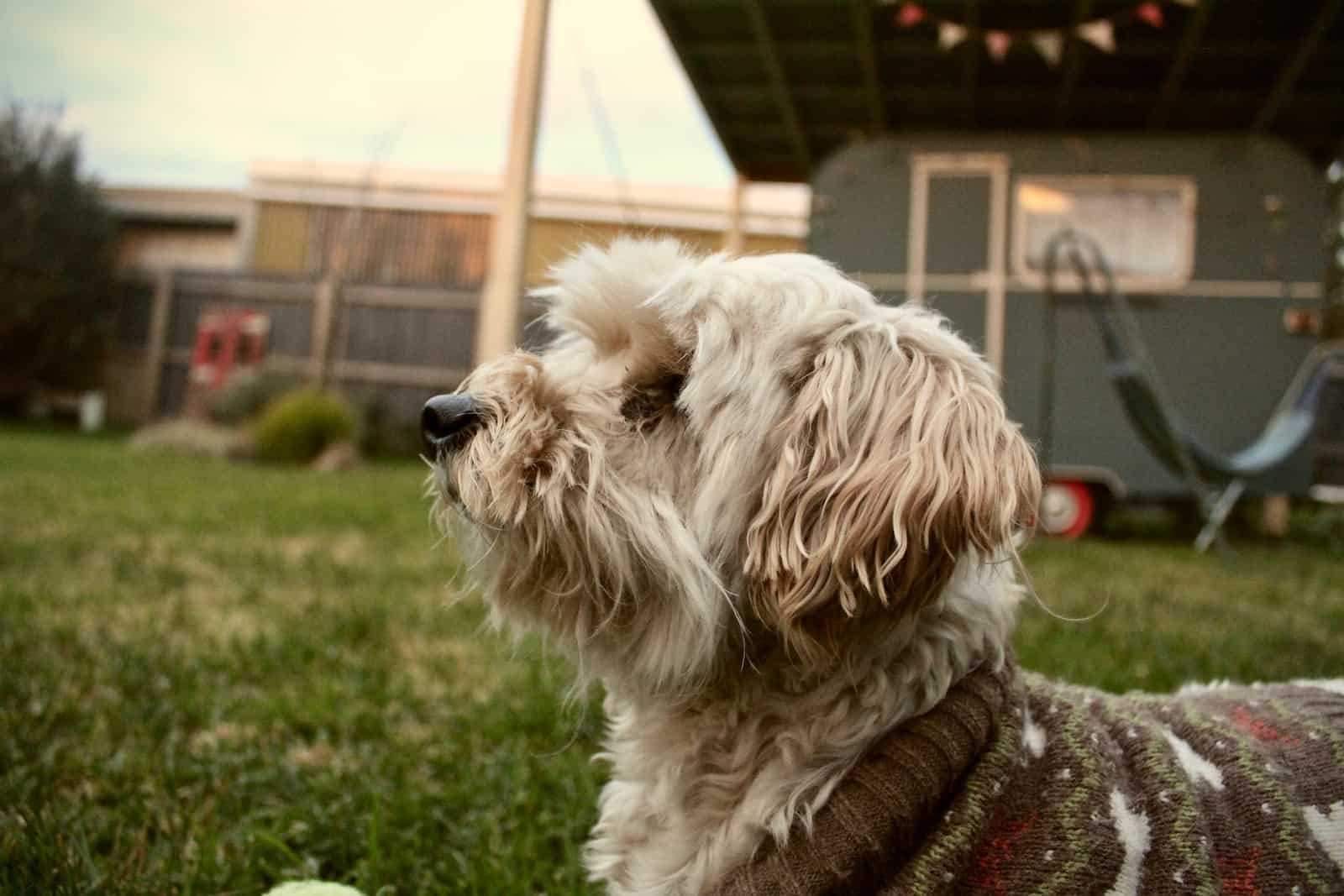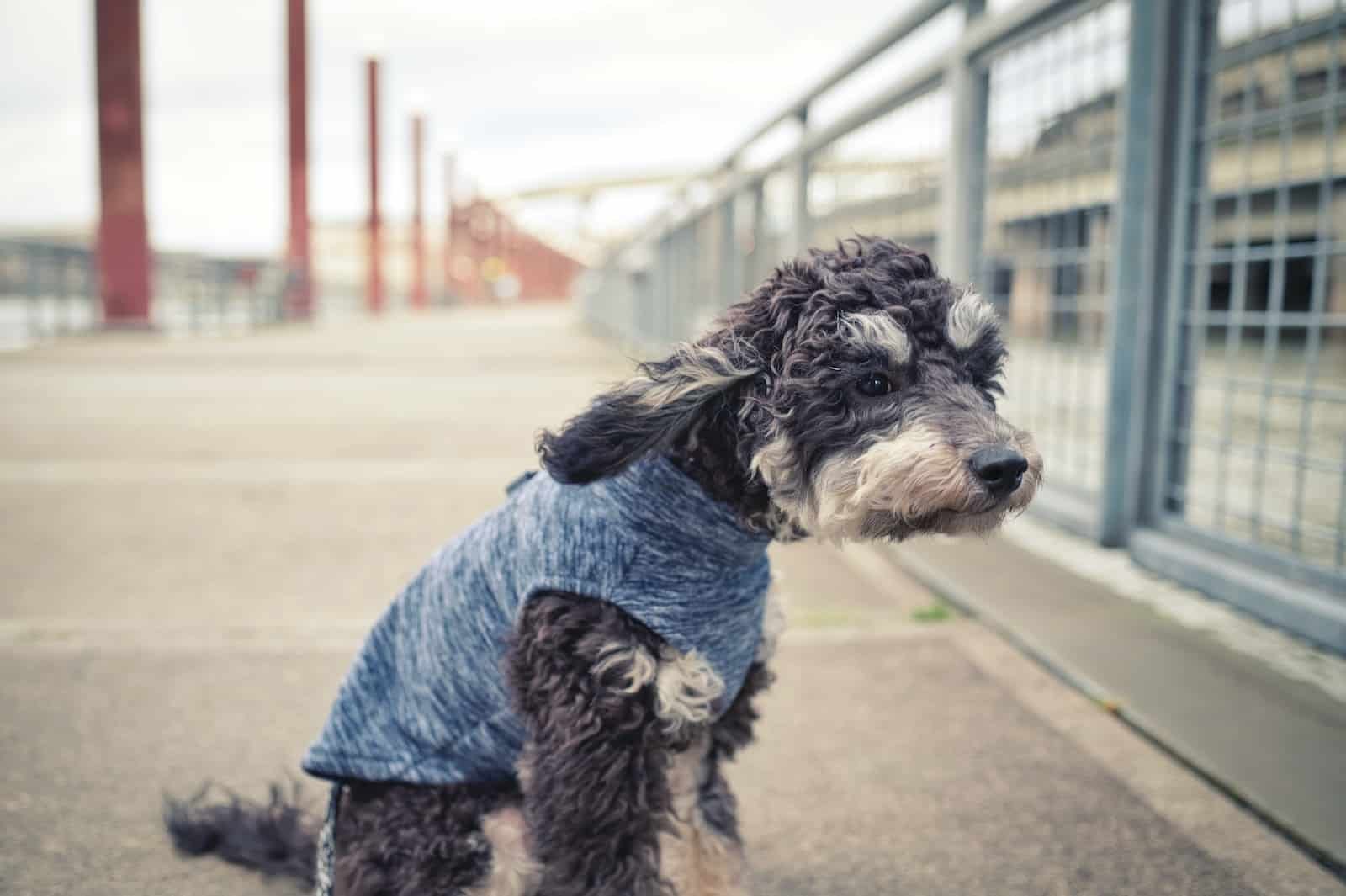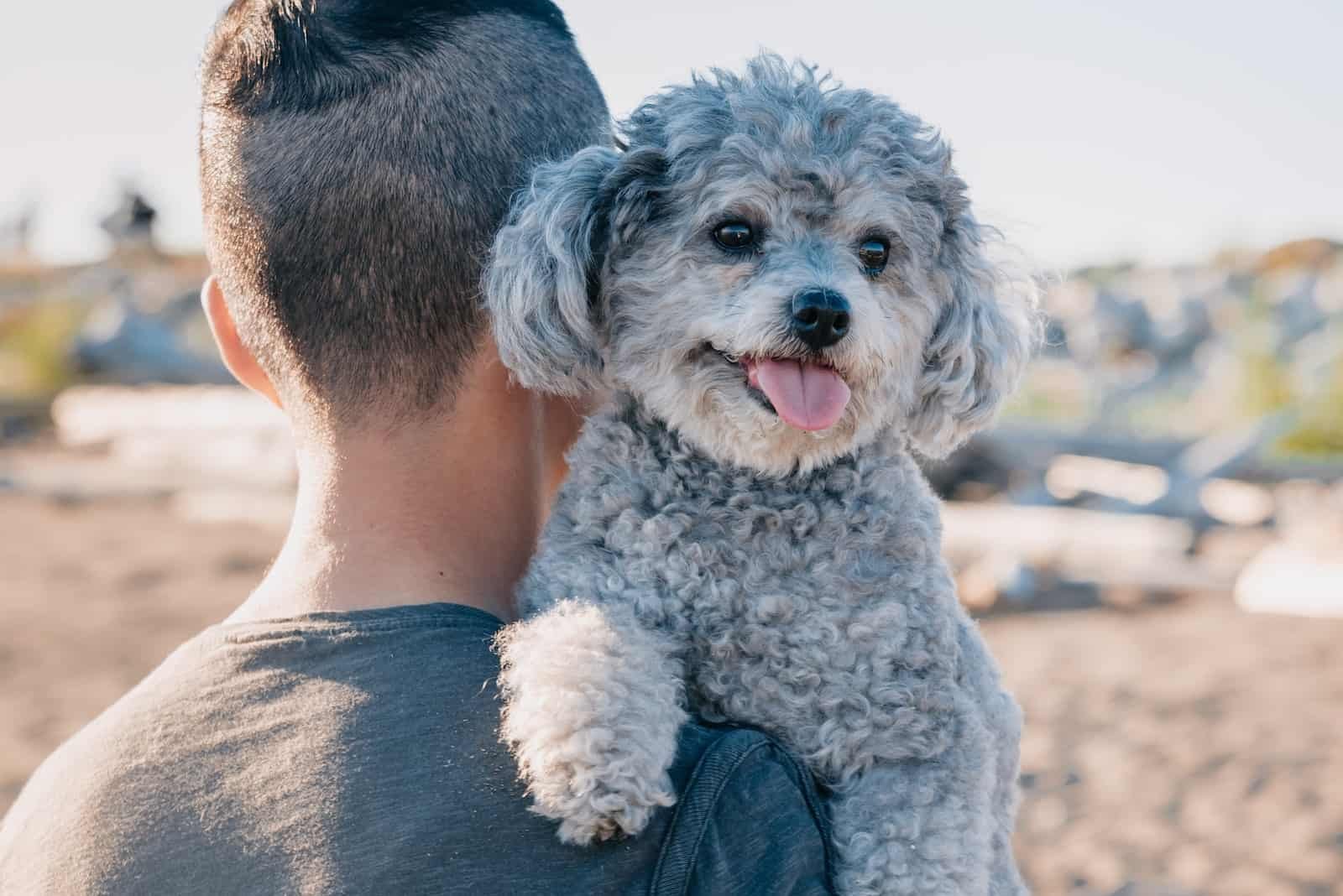
Are you considering adding a furry friend to your family? Adopting from a rescue or shelter gives a loving home to a needy animal. Adopting a rescue dog, puppy or adult, instead of purchasing a purebred puppy from a pet store or responsible breeder, not only saves a life but also curbs puppy mills proliferation.
Animal rescue groups and shelters have adoption teams to help with the adoption process. To find the perfect match for your family, you have options like filling out an application, having a consultation, or attending an event.
Adoption fees cover everything from vet care to post-adoption support. Low cost spay and neuter clinics or curbside pickup options may also be available in some areas. Adoption contracts and interviews help ensure that the pet ownership is a responsible and suitable match for both the pet and the adopter. Ask shelter or rescue staff questions about the adoption process, location, or animal welfare.
Things to Consider Before Adopting from a Rescue Organization
Adopting a rescue animal can change their life and give you a loving pet. Before finalizing the adoption process and bringing your rescue or shelter dog home, there are important things to consider.
Adoption Process
The adoption process varies from one reputable rescue organization to another. Generally, it involves filling out an adoption application, speaking with an adoption team, and completing a home visit. The adopter may also need to provide proof of identification, residence, employment, and vet care. Once the shelter staff approves the adopter’s application, they will sign an adoption contract. However, it’s essential to note that the adoption process is not the same as buying a pet in a pet store. Rescue organizations prioritize finding the perfect match between the adoptable animal and its potential adopter.
Medical Issues
Most animals in rescue organizations come from foster care, medical facilities, or puppy mills. Many have faced various health problems, such as special health needs or behavior issues. Therefore, responsible adoption involves getting pet a vet checkup and ensuring they receive the necessary veterinary care. A low-cost spay or neuter clinic is often an essential aspect of owning a rescue pet since it helps control the homeless animal population.
Post-Adoption Support
Adoption is not the end of the journey. Many reputable rescue organizations offer post-adoption support for adopters. This can include adoption consultations with an adoption coordinator, curbside pickup, or in-person visits at the adoption center. It’s also essential to update the adoption team on the pet’s progress and medical needs from time to time.
Shelter Dog vs. Purebred Puppy
While some potential adopters may look for a specific breed or a responsible breeder, there are several mixed breed and breed-specific rescue organizations to consider. Adopting a shelter pet or rescue pup can provide a needy animal with a loving home and gives the adopter a furry friend that suits their family life.
Adoption Fees
Adopting an animal from a reputable rescue organization comes with an adoption fee that usually covers the adoption process and veterinary care. The fee may vary from one rescue organization to another and may depend on the pet’s age and medical needs. However, the adoption fee is a small price to pay for adopting a furry family member, considering the cost of purchasing a purebred puppy from a breeder.
In conclusion, taking time to research and consider crucial factors before adopting a pet from a reputable rescue organization is necessary for responsible pet ownership. It helps ensure the best match between the shelter animal and its potential adopter and a successful adoption experience.
Finding the Right Rescue Organization for You
Adopting a rescue animal can be a rewarding experience for every potential pet owner. By adopting, you are giving a needy animal a new chance at life and a forever home that they might never have had otherwise. Rescue organizations are dedicated to finding the perfect match between their adoptable animals and potential adopters. However, it is important to find the right rescue organization that aligns with your values, needs, and preferences. In this section, we will help you navigate the process of finding the right rescue organization for you.
- Look for a reputable rescue organization: Start by researching animal rescue organizations in your area, and choose a rescue organization that is known for their ethical and responsible adoption process. Make sure they offer post-adoption support and regularly conduct veterinary care for their shelter animals.
- Consider the adoption process: Some rescue organizations have detailed adoption processes that include an adoption application, an adoption consultation, an adoption interview, and an adoption contract. While all these processes can ensure that you find the perfect match with your furry friend, other organizations might have straightforward adoption processes that vary from curbside pickup to online adoption applications. At the same time, make sure you read their adoption FAQs and guidelines to fully understand their process and ensure it aligns with your expectations.
- Medical or behavior issues: Some rescue animals may have undergone medical treatment or have certain behavior issues that require special health or behavior attention. You may want to inquire about this with the shelter staff or rescue organization before making your adoption decision and potentially consider the extra time and care required to give them a loving home that they deserve.
- Look beyond breed specific rescues: While breed-specific rescues can be a great option for individuals seeking a purebred puppy, mixed breed rescue dogs can make wonderful pets. Often mixed breeds offer the best of both worlds, from their appearance to their personality.
- Consider post-adoption support: Ask about what post-adoption support the animal rescue organization offers to ensure that you will have guidance and support even after bringing your pet home.
Remember, the right rescue pet can come in different forms and sizes, from puppies and kittens to senior and adult animals. It’s crucial to understand that owning a rescue pet requires commitment, financial responsibility, and especially love and attention. By understanding the adoption process and finding the right rescue organization for you, you can start your adoption journey and find your perfect match, giving a needy animal a loving forever home.
The Adoption Process: How It Works
Adopting a furry friend from a rescue organization is a rewarding experience for potential adopters. It gives a chance for the adopter to provide a home for a shelter animal that might otherwise end up homeless or euthanized. While the process may vary from one rescue organization to another, there are some common steps that most reputable rescue organizations follow.
Step 1: Researching and Choosing a Rescue Organization
Researching and selecting a reputable rescue organization is the first step towards finding a perfect match for you and your family. Choose a rescue organization that provides medical care, foster care, and behavioral training while preparing adoptable animals for potential adopters. You can browse a list of rescue organizations online, visit local animal shelters, or seek recommendations from family members and friends.
Step 2: Submitting an Adoption Application
Once you choose a rescue organization, it’s time to submit an adoption application. This application helps the adoption team at the rescue organization understand your lifestyle, expectations, and requirements before matching you with an adoptable animal. The application may include questions about your previous experience with pets, family life, daily routine, and preferences for a particular breed.
Step 3: Adoption Consultation and Match Making
After submitting the adoption application, the rescue organization would contact you for an adoption consultation. The consultation may take place over the phone or in-person, giving you the opportunity to ask questions, clarify doubts, and learn more about the adoption process. Based on the information gathered from the consultation and your adoption application, the rescue staff will match you with a rescue pet that fits your lifestyle, preferences, and personality.
Step 4: Adoption Process and Contract
Once you and your furry friend have been matched, the adoption process begins. It may involve a few visits to the adoption center to interact with the adoptable animal, adopter interview, and sometimes a home visit to ensure that your home is safe and suitable for the adopted pet. After everything has been cleared, and the adoption contract has been signed, you will be required to pay an adoption fee that may vary from one organization to another. Some rescue organizations offer curbside pickup, or you can adopt your furry friend in person at their location.
Step 5: Post-Adoption Support
Adopting a fur baby is just the beginning of your journey together. It’s important to follow up with the rescue organization after taking your pet home. Reputable rescues provide post-adoption support and resources to help the adopter integrate their furry friend into their new family life. Reach out to the rescue staff if you have any medical issue, behavior issue, or need advice about responsible pet ownership. Some other resources may include low-cost spay/neuter clinics or recommendations of responsible breeders.
In conclusion, adopting from a rescue organization is a thoughtful and responsible way to add a furry friend to your family. By following these steps and working together with the rescue staff, you can find and adopt the perfect match for your family while giving a shelter animal a second chance at a happy life. Remember to provide your adopted pet with plenty of love, attention, and care while enjoying your new furry family member.
Meeting Your Potential New Pet
Meeting your potential new furry family member is an exciting and rewarding experience, and adopting from a reputable rescue organization ensures that you not only bring home a new companion, but also support a great cause. But before you start imagining what life will be like with your new pet, it’s essential to understand what to expect during the meeting process.
Preparing for the Meeting
Before you meet the adoptable animal, it’s essential to prepare well in advance. Start by researching reputable rescue organizations in your area or checking with your local animal shelter. The adoption team can assist you in finding the right pet match for you and your family based on your lifestyle, home environment, and preferences.
Once you’ve found an organization that you’re interested in, it’s important to review their adoption process, including the adoption fee, which often covers medical expenses, vaccinations, and veterinary care the animal has received while in rescue or foster care.
Meeting the Animal
When you arrive for your meeting, you’ll be greeted by the shelter staff or rescue staff, and then provided with the opportunity to meet with the potential adopter. At first, the shelter dog or rescue pet may be shy or nervous, so it’s essential to take things slow. The adoption coordinator may take you to a designated area where you can interact with the animal and get to know them better.
Be patient with the adoption process and take the time to learn about the animal’s personality, including any behavioral issues or special health needs. If you’re lucky, you’ll find the perfect match on your first visit!
Completing the Adoption
If you and your potential new pet seem to be a perfect match, it’s time to take the next step. The adoption counselor will guide you through the adoption process, which usually involves completing an adoption application, signing the adoption contract, and paying the adoption fee.
Shelter animals and rescue pets may have come from a difficult background, whether it be from a puppy mill, a lack of veterinary care, or other neglectful situations. Therefore, it’s essential to make sure you’re prepared for the commitment of pet ownership, including providing time, resources, and support when needed.
Post-Adoption Support
The adoption process is not just limited to meeting your potential adoptive pet. Reputable rescue organizations and animal shelters should offer post-adoption support, including access to low-cost spay/neuter clinics, veterinary care resources, and behavioral support.
If you’re adopting from a specific adoption agency, be sure to research their hours of operation and what post-adoption services they offer. You can also ask about additional ways to support the shelter or rescue organization, such as volunteering or donating.
In conclusion, meeting your potential new pet is an exciting and fulfilling experience, and adopting from a reputable rescue organization or animal shelter can make it even more rewarding. By following the adoption process, preparing in advance, and taking the time to learn about the pet, you’ll be on your way to providing a needed home for a shelter animal or rescue pet.
The First Few Days: What to Expect
Adopting a rescue dog from a reputable rescue organization is a rewarding experience that comes with great responsibility. Bringing your furry friend home will be an exciting time for both of you but can also be overwhelming. In this section, we’ll discuss what you can expect during the first few days after adopting a shelter dog.
Preparing for Your New Furry Family Member
Before bringing your new rescue pet home, there are a few things to prepare to ensure a smooth transition. Consider the following:
- Purchase essential items such as food and water bowls, a collar, leash, and bed.
- Speak with the adoption team to learn about your pup’s veterinary care, any medical issues, and the type of food they were eating at the rescue center.
- Prepare your home for your new pet by removing any hazardous items and setting up a designated area for them to rest.
- Plan to spend a significant amount of time with your new pet during the first few days to help them acclimate to their new surroundings.
The First Few Days
During the first few days after adoption, be sure to give your new furry friend time to adjust to their new surroundings. Here are a few things you can expect:
- Your new pet may experience some behavioral issues or have accidents in the house as they adjust to their new environment. Be patient and use positive reinforcement to help them understand the rules of their new home.
- Some rescue dogs may be shy or fearful at first and will require time to warm up to their new family. Others may be outgoing and playful from the start.
- Depending on the dog’s personality, they may have an immediate strong bond with you or will need to warm up over time.
- The animal shelter or rescue organization may offer post-adoption support, so be sure to reach out if you have any questions or concerns.
Post-Adoption Care
After adopting a dog, be sure to schedule an appointment with a veterinarian for a check-up and to discuss any special health needs your furry friend may have. The veterinarian may also recommend vaccines or preventative care.
Also, be sure to provide proper training to help minimize behavioral issues. If needed, consider working with a professional trainer.
In addition, reputable rescue organizations or animal shelters will provide low-cost spay/neuter services if your pet has not already been altered.
Conclusion
Adopting a shelter dog is a great way to find the perfect match for your family and provide a loving home for a needy animal. While the adoption process may take time and effort, it is a rewarding experience that brings joy to both the furry friend and the family. By preparing for your new pet’s arrival, giving them time to adjust, and providing post-adoption care, you’ll create a happy and healthy home for your new fur baby.
Common Challenges and How to Overcome Them
Adopting a pet from a rescue organization can be a rewarding and life-changing experience. However, it is not always easy. Here are some common challenges potential adopters may face and how to overcome them:
1. Finding the Perfect Match
One of the biggest challenges of adopting from a rescue organization is finding the perfect furry family member. With so many adoptable animals, it can be overwhelming to choose one. It’s essential to take time to research and ask questions about the animal you are interested in. Shelter staff and the adoption team can provide valuable insights into the animal’s personality, energy level, and compatibility with a potential adopter’s family life.
2. Medical Issues
Rescue animals often come from less-than-ideal conditions, such as puppy mills, or were strays, and may have medical issues that need attention. It’s crucial to ask about any medical concerns beforehand and factor in vet care costs to both the adoption fee and ongoing care expenses. A reputable rescue organization will provide necessary medical care, including vaccinations, neutering, and any required treatments, or they will disclose any special health needs.
3. Behavior Issues
Shelter dogs might have experienced trauma or neglect, impacting their behavior and making them anxious or aggressive. It’s essential to ask the shelter staff about the animal’s history and personality so you can determine if it’s a good fit for your family and any other pets in the house. If a rescue dog has behavior issues, enlisting the help of a professional trainer or behaviorist will go a long way in helping the dog adjust to their new home.
4. Post-Adoption Support
Sometimes, new pet owners can feel overwhelmed and may need support even after the adoption process is over. A reputable rescue organization will offer post-adoption support, including access to low-cost spay/neuter clinics, medical advice, and behavior training. Additionally, many organizations will provide resources that will help new pet owners ensure they provide the best care possible for their furry friend.
Adopting a rescue pet is a fantastic way to give a home to a needy animal. While there may be challenges along the journey, the rewards of pet ownership are immeasurable. With the support of a reputable rescue organization, potential adopters can find their perfect furry family member and provide them with the love they deserve.
Maintaining a Happy and Healthy Home for Your Rescue Pet
Adopting a rescue pet from a reputable rescue organization can be a rewarding experience for you, your family, and your new furry friend. Once you’ve completed the adoption process and brought your new fur baby home, it’s important to maintain a happy and healthy living environment to ensure a smooth transition for your new family member.
Veterinary Care
One of the first things you’ll want to do after bringing your rescue pet home is to schedule a thorough veterinary exam. Many shelter animals, including rescue dogs, come from environments with inadequate veterinary care, or may have had limited access to quality medical attention while in foster care. A veterinary exam can detect any medical issue or special health needs and ensure your pet is up-to-date on all necessary vaccinations and preventive care. It’s important to establish a relationship with a trusted veterinarian who can provide ongoing care for your pet in their lifetime.
Nutrition and Exercise
Another key factor in maintaining a happy and healthy home for your rescue pet is proper nutrition and regular exercise. Consult with your veterinarian to determine the best diet for your pet’s individual needs and lifestyle. Regular exercise and playtime can not only keep your pet healthy, but can strengthen the bond between you and your furry family member.
Training and Behavior
Many rescue dogs, in particular, may have had limited socialization or may have developed behavior issues as a result of their past experiences. It’s important to be patient with your new pet and to seek professional help if you encounter any behavior problems. Many reputable rescue organizations provide post-adoption support, including training classes or consultations with an adoption counselor. Even if your pet behaves well, training and behavior classes can help establish a routine and enhance the bond between you and your pet.
Safe and Comfortable Living Environment
It’s essential to provide a safe and comfortable living environment for your rescue pet. This includes providing adequate shelter, a comfortable place to sleep, and a safe area to play and exercise. Make sure to pet-proof your home and yard to prevent any potential hazards, such as toxic substances, sharp objects, and small spaces that your pet may be able to get stuck in. Don’t forget to provide plenty of fresh water and keep the water bowl clean and filled at all times.
Adopting a pet from a reputable rescue organization can be a rewarding experience. By providing your new furry family member with the love, care, and attention they deserve, you can ensure a happy and healthy life for your new rescue pet.
Giving Back to Your Rescue Organization
When you adopt a rescue pet, you become part of a community dedicated to helping homeless animals find their forever homes. Giving back to your rescue organization can be a rewarding experience that helps ensure homeless animals receive the help they need.
One way to give back is by making a donation to the rescue organization. Many rescue organizations rely on donations to help with veterinary care, food, and other essentials for their animals. Some rescue organizations also have adoption fees, which can vary depending on the animal’s age, breed, and medical needs.
Additionally, fostering a homeless animal can be a great way to give back to your rescue organization. Fostering provides a temporary, safe home for animals who may not be ready for adoption or for those needing medical care. Foster animals may require special attention or training to prepare them for their new home, and the rescue organization will cover any necessary vet care while the animal is in your care.
You can also volunteer your time to help your rescue organization. Many rescue organizations are run by volunteers, and every little bit helps. You can help by walking dogs, playing with cats, or helping with administrative tasks. As a volunteer, you’ll be able to see firsthand the positive impact that rescue organizations have on homeless animals.
Another way to support rescue organizations is by shopping at their retail stores or online shops. Many rescue organizations have pet stores that sell pet-related items such as food, toys, and collars. By shopping at these stores, you’re supporting the rescue organization while also providing for your furry family members.
Finally, spreading the word about the benefits of rescue adoptions can help rescue organizations find homes for more homeless animals. You can share your adoption story on social media, recommend your favorite rescue organization to potential adopters, or volunteer to speak at adoption events.
Giving back to your rescue organization is a great way to support the cause of animal rescue. You can help shelter animals and their rescue staff by donating, fostering, volunteering, or spreading the word.
FAQs About Adopting from a Rescue Organization
Adopting from a rescue organization can be a rewarding experience for both you and the furry friend you bring home. Here are some frequently asked questions to help guide you through the adoption process:
What is the adoption process like at a rescue organization?
The adoption process may vary between rescue organizations, but it usually involves filling out an adoption application, meeting with an adoption counselor or team member, and potentially an adoption interview. The rescue team will work with you to find the perfect match for your family life and help you navigate the process until the adoption is complete.
Do I need to pay an adoption fee?
Rescue organizations typically charge an adoption fee to cover the cost of veterinary care, shelter, and foster care for the animal. The fee may vary depending on the organization, but it’s usually lower than purchasing a pet from a pet store or a breeder. In some cases, low-cost spay/neuter clinics may be available to adopters after the adoption, depending on the rescue organization’s resources.
What is the difference between a shelter animal and a rescue animal?
Shelter animals are usually brought in by animal control facilities or found as strays, whereas rescue animals are typically taken in by animal advocates or rescue organizations. Rescue organizations often provide foster care to the animals until they are adopted. Both shelter and rescue animals may have special health or behavior issues, so it’s important to ask the rescue staff about any medical or behavioral concerns.
Are rescue animals all mixed breed?
While many rescue animals are mixed breed, breed-specific rescue organizations are also available. It’s important to note that responsible breeders typically do not sell through rescue organizations, so if you’re looking for a purebred puppy, be cautious of rescue organizations that claim to have one available.
What kind of post-adoption support is available?
Reputable rescue organizations often offer post-adoption support, including resources for training, medical issues, and behavior issues. It’s important to keep in touch with the rescue organization and follow up with them if any issues arise after the adoption.
Can I adopt a pet in person?
Due to COVID-19, many rescue organizations have shifted to curbside pickup or virtual adoptions. However, some organizations may allow potential adopters to meet the furry friend in person by appointment.
How long does the adoption process take?
The adoption process can vary in time depending on the rescue organization’s adoption process, from a few days to a couple of weeks. The rescue staff will usually provide you with a timeline and keep you updated throughout the process.
What should I expect in an adoption contract?
The adoption contract commonly includes a clause stating that if you are unable to provide permanent care for the animal, you must return them to the rescue organization. The adoption contract may also outline requirements for veterinary care and spaying/neutering, as well as expectations for responsible pet ownership.
What is the difference between adoptions and rescue adoptions?
Adoptions usually take place through animal control facilities or shelters, while rescue adoptions take place through animal rescue organizations. Rescue organizations often have a more rigorous adoption process and provide more support for the adopter and the animal after the adoption.
Conclusion
Adopting a rescue dog from a reputable rescue organization such as an animal shelter or breed specific rescue can be a rewarding experience for you and your furry family. However, there are important things to consider before making this important decision.
First, you must find a rescue organization that matches your values and needs, and learn about their adoption process. Most rescue organizations require a potential adopter to fill out an adoption application and have an adoption consultation with an adoption coordinator or counselor. During this time, the adoption team will answer all your questions, discuss your lifestyle and family life, and help you identify what type of furry friend would be the perfect match for your home.
Once you’ve found the right rescue organization, you may be asked to pay an adoption fee which covers some of the veterinary care the animal has received while in the organization’s care. Although adoption fees vary, they are generally lower than the cost of purchasing a purebred puppy from a breeder or a pet store.
It is important to note that shelter animals have often come from rough backgrounds and may have medical or behavior issues. However, reputable rescue organizations will ensure these issues are addressed or disclosed to potential adopters.
After adopting a shelter dog, you may need to continue providing medical care, especially if they have a special health need. Lucky for you, there are low cost spay and neuter clinics available that can help you save money on your pet’s necessary medical expenses. Additionally, many rescue organizations provide post-adoption support, making sure you and your furry friend are adjusting well.
Respectful and responsible pet ownership involves keeping up on pet healthcare and providing a loving and safe home. By adopting a rescue pet, you’re providing a needy animal with a new home and an opportunity to experience the love and care they deserve from an animal advocate like yourself.
When you’re considering pet adoption, remember that your new furry friend is waiting for you at a rescue organization rather than in a pet store or a puppy mill. Whether you seek a mixed breed or a purebred puppy, a rescue pup will undoubtedly provide you with years of joy and fulfillment. Finally, don’t forget to give back to the animal rescue community and consider being a foster animal parent, volunteering or donating funds to an animal shelter, and advocating for animal welfare.






